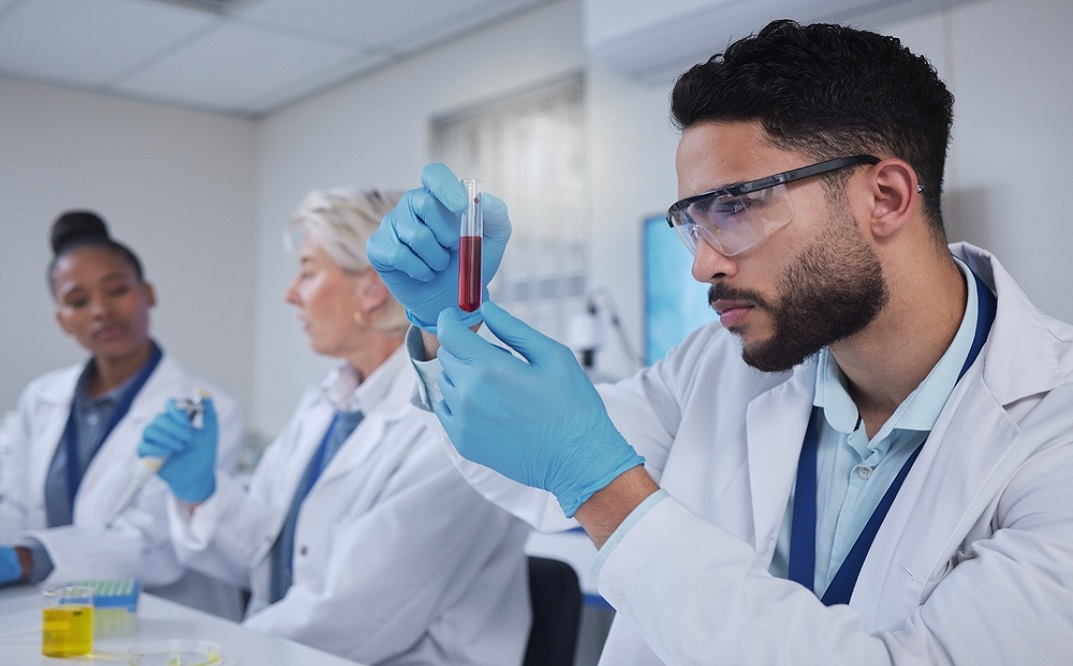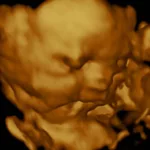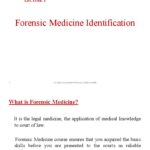A forensic career diploma can be a launchpad into a variety of fascinating and crucial roles within the criminal justice system. While a diploma might not qualify you for every position requiring a four-year degree or advanced specialization, it provides a solid foundation of knowledge and skills applicable to numerous entry-level and support roles. Let’s dissect the myriad career paths potentially accessible with a forensic career diploma.
1. Crime Scene Technician: Preserving the Integrity of Evidence
Perhaps the most readily identifiable role is that of a Crime Scene Technician. These individuals are the vanguard at any crime scene, meticulously documenting the environment and collecting evidence. This involves photographic documentation, sketching crime scenes, and carefully packaging items of evidentiary value. The tasks are painstaking, requiring an unwavering commitment to detail and adherence to strict protocols, ensuring the chain of custody remains inviolable.
Expect to:
- Photograph crime scenes from various angles, capturing the spatial relationships of objects and potential evidence.
- Create detailed sketches, often using specialized software, to represent the layout of the scene.
- Collect and package trace evidence, such as hair, fibers, and microscopic particles, using appropriate techniques to prevent contamination.
- Maintain a meticulous chain of custody for all evidence, documenting every transfer of possession.
- Assist in the search for latent fingerprints using chemical or physical development methods.
2. Evidence Custodian: Guardians of the Investigative Trail
The Evidence Custodian plays a pivotal, albeit often unsung, role. They are responsible for the secure storage, cataloging, and tracking of all evidence collected from crime scenes. This requires a meticulous approach to record-keeping and a thorough understanding of legal protocols regarding evidence handling. A lapse in this area can jeopardize an entire case, underscoring the critical nature of this position. Expect meticulous attention to detail and adherence to stringent security measures.
Expect to:
- Receive, log, and store evidence in a secure facility, maintaining accurate records of its location and condition.
- Ensure the integrity of evidence by maintaining proper environmental controls, such as temperature and humidity.
- Track the movement of evidence, documenting every instance it is checked out and returned.
- Prepare evidence for court proceedings, ensuring it is properly labeled and organized.
- Dispose of evidence according to legal protocols after a case has been adjudicated.
3. Forensic Laboratory Assistant: Supporting the Scientific Process
Forensic Laboratory Assistants provide critical support to forensic scientists in a variety of analytical disciplines. This might involve preparing samples for analysis, maintaining laboratory equipment, or assisting with data entry and quality control. While the analytical work is generally performed by scientists with advanced degrees, the laboratory assistant is an indispensable part of the team, contributing to the smooth operation of the lab. This role offers an excellent opportunity to learn the intricacies of forensic science from experienced professionals.
Expect to:
- Prepare samples for analysis by cutting, weighing, and dissolving them according to specific protocols.
- Maintain laboratory equipment, ensuring it is clean, calibrated, and functioning properly.
- Assist with data entry, recording results from analytical instruments and maintaining accurate databases.
- Perform quality control checks to ensure the accuracy and reliability of laboratory procedures.
- Prepare solutions and reagents used in various forensic analyses.
4. Forensic Photographer: Capturing Visual Truth
Forensic Photographers specialize in documenting crime scenes, evidence, and autopsy findings with meticulous precision. Their images are often presented in court, serving as visual representations of the facts. This requires a high level of technical skill in photography, coupled with an understanding of forensic principles and legal requirements. The role demands both artistry and scientific accuracy.
Expect to:
- Photograph crime scenes, documenting the overall environment and specific items of evidence.
- Take close-up photographs of injuries, wounds, and other physical evidence.
- Utilize specialized lighting techniques to enhance details and reveal hidden features.
- Maintain a chain of custody for all photographs, ensuring their admissibility in court.
- Process and enhance images using digital software to improve clarity and visibility.
5. Police Dispatcher: The First Line of Communication
While not strictly a “forensic” role, a career diploma can provide a competitive edge when applying for positions as a Police Dispatcher. These individuals are the vital link between the public and law enforcement, receiving emergency calls and dispatching officers to crime scenes. An understanding of forensic science principles can be invaluable in accurately assessing situations and relaying critical information to first responders. This is a high-pressure environment requiring quick thinking and excellent communication skills.
Expect to:
- Answer emergency and non-emergency calls, gathering information about the nature of the incident.
- Dispatch police officers, fire fighters, and paramedics to the scene.
- Maintain contact with field units, providing them with updates and coordinating their activities.
- Operate computer-aided dispatch (CAD) systems to track the location of units and manage resources.
- Maintain accurate records of all calls and dispatches.
6. Security Personnel: Protecting Assets and People
Security Personnel are responsible for protecting property, assets, and individuals from harm. A forensic career diploma can be beneficial in this field by providing a deeper understanding of crime prevention techniques, security protocols, and the importance of evidence preservation. This can be applied in various settings, from private security firms to corporate environments.
Expect to:
- Monitor surveillance equipment to detect suspicious activity.
- Patrol premises to deter crime and maintain order.
- Respond to alarms and investigate disturbances.
- Control access to buildings and restricted areas.
- Write incident reports and maintain accurate records.
In conclusion, a forensic career diploma can unlock a surprising number of opportunities within the realm of criminal justice and related fields. The key is to identify your specific interests and then seek out roles that align with your skills and career aspirations. Further education and specialized training can always be pursued to advance your career trajectory and explore more specialized areas within forensic science.










Leave a Comment